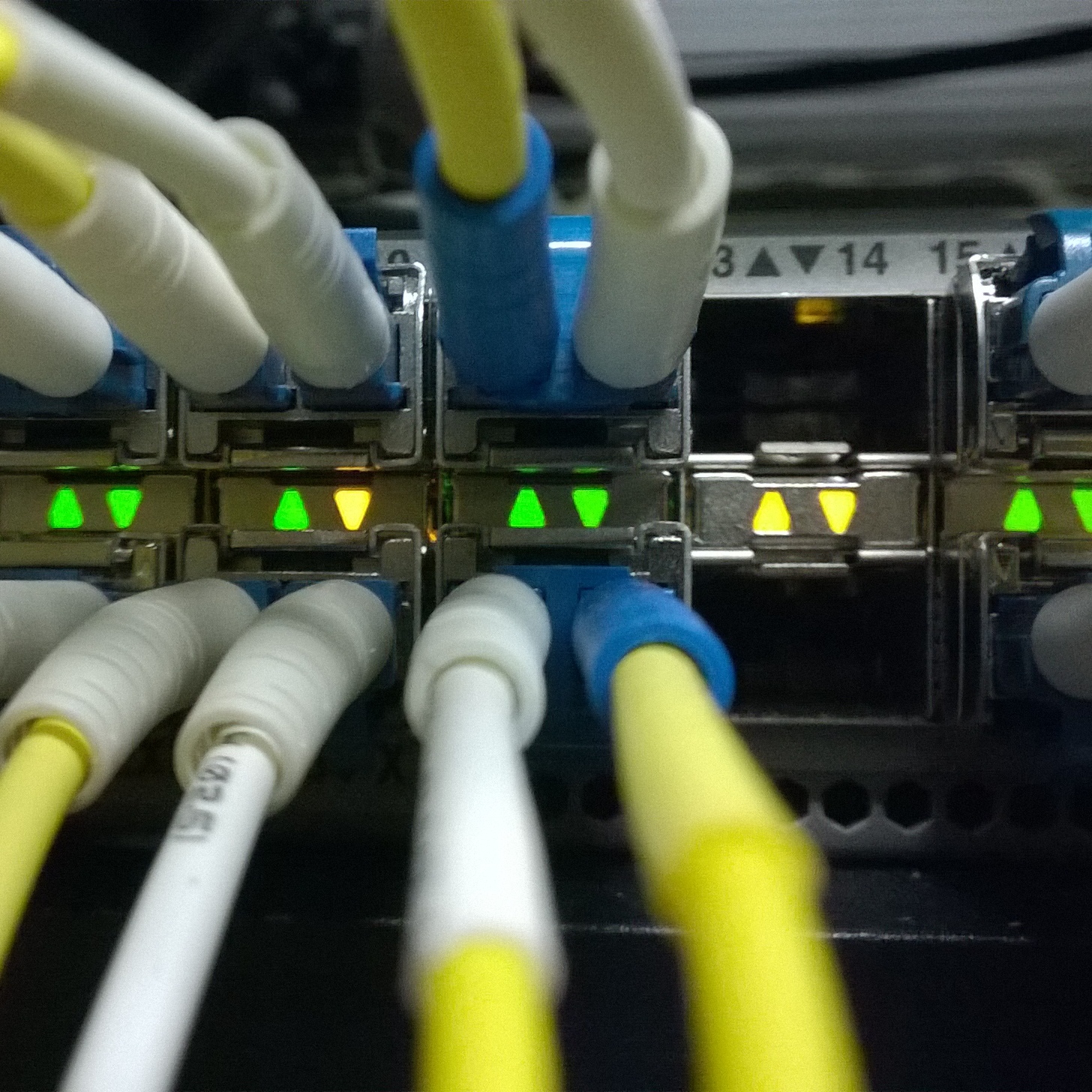Telecom & Wireless
Average US Broadband Speed Doubled in 2014

Published:
Last Updated:

The Federal Communications Commission (FCC) on Wednesday released its 2015 report on fixed broadband performance in the United States. The report indicates that from September 2013 to September 2014, the maximum advertised broadband download speed rose from about 37 megabits per second (Mbps) to 72 Mbps, an increase of 94%.
The actual download speeds were considerably below the advertised speeds. The 2014 actual average was just shy of 31 Mbps, just 43% of the advertised average.
The FCC said that 13 Internet service providers (ISPs) participated in the study. Cablevision Systems Corp. (NYSE: CVC) and Comcast Corp. (NASDAQ: CMCSA) were among the group of ISPs that overdelivered on both upload and download speeds, while Charter Communications Inc. (NASDAQ: CHTR) and Time Warner Cable Inc. (NYSE: TWC) came close to delivering on download speeds and met or exceeded upload speeds.
Building out high-speed networks is not cheap and ISPs (and their stockholders) are always worried about return on investment. The encouraging news is that consumers who live in an area with less than top-drawer speed will subscribe to the higher speed networks when the new networks become available.
[ims_survey]
Oddly perhaps, the American Customer Satisfaction Index (ACSI) released earlier this week continue to show that telecom companies and airlines are the lowest performers among 43 industries tracked by ACSI. Comcast scored just 56 on the ACSI for its Internet service, and Time Warner Cable scored 58. The average score in the sector was 63, and only Verizon Communications Inc. (NYSE: VZ) and AT&T Inc. (NYSE: T) scored above the average, while Bright House Networks scored right on the average.
The inevitable question then is why are ISPs so reviled by customers when the companies themselves continue to raise their levels of service? High prices may be a contributing factor, and notoriously poor customer service is probably another. Both could be attributed in large part to the near-monopoly position that ISPs and cable companies have in certain regions. If consumers can’t vote with their feet, they can at least complain long and loud when their shoes are pinching.
Want retirement to come a few years earlier than you’d planned? Or are you ready to retire now, but want an extra set of eyes on your finances?
Now you can speak with up to 3 financial experts in your area for FREE. By simply clicking here you can begin to match with financial professionals who can help you build your plan to retire early. And the best part? The first conversation with them is free.
Click here to match with up to 3 financial pros who would be excited to help you make financial decisions.
Thank you for reading! Have some feedback for us?
Contact the 24/7 Wall St. editorial team.